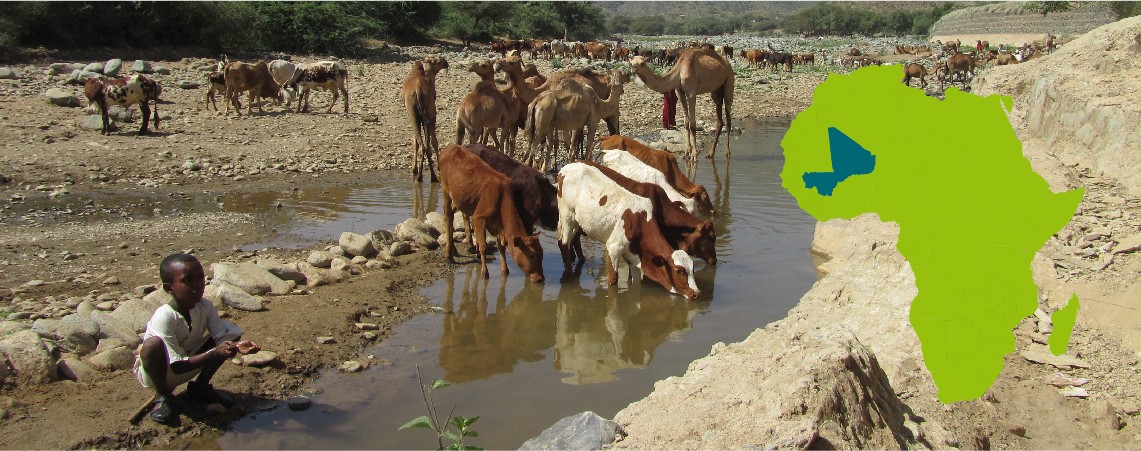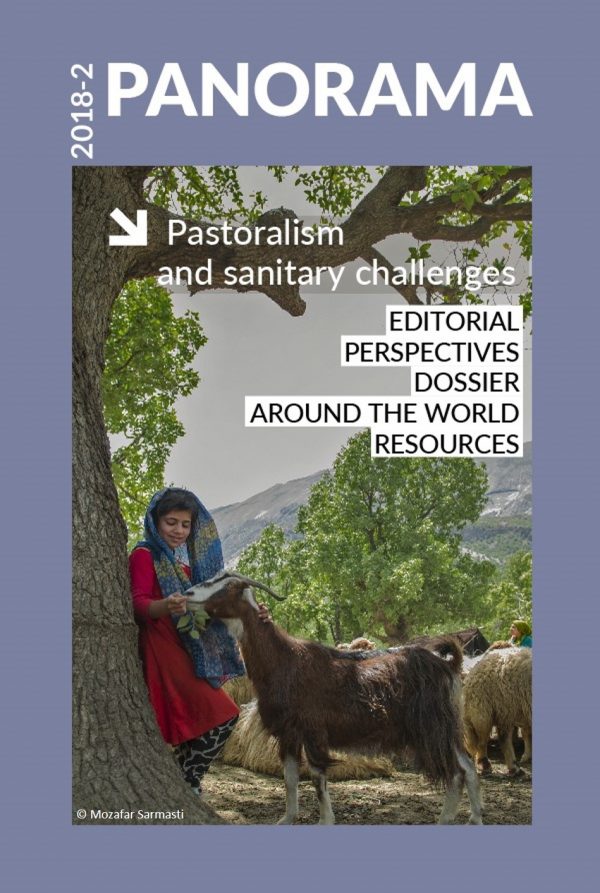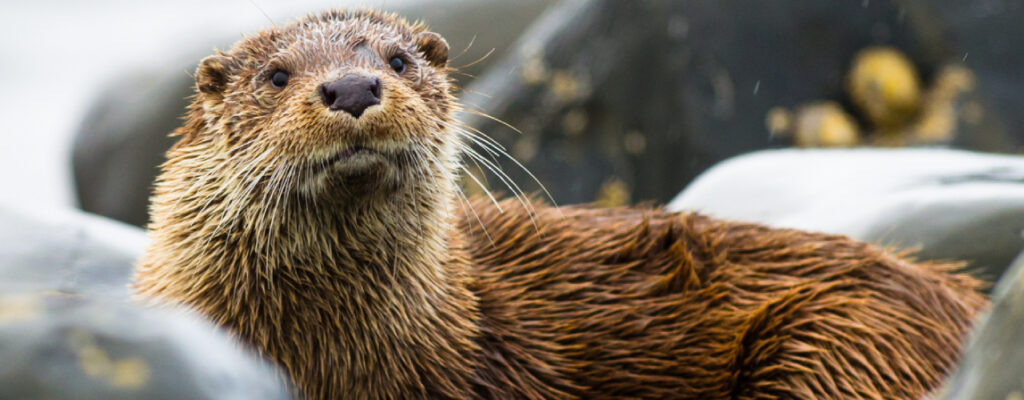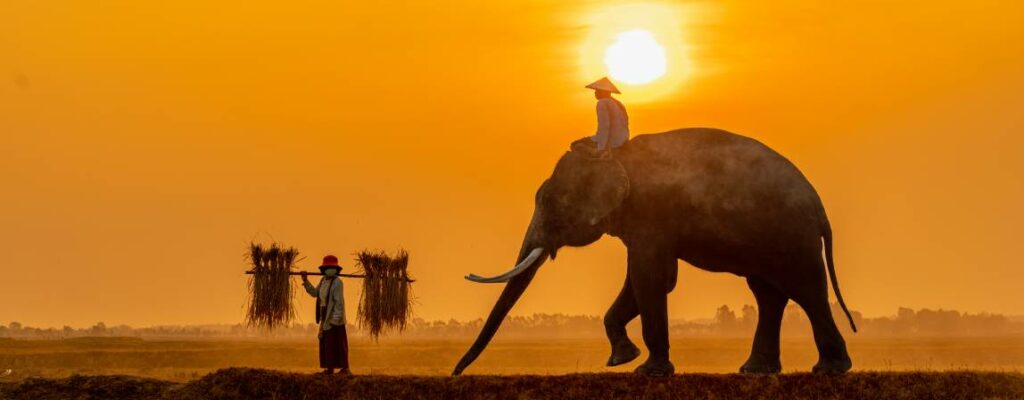Keywords
Authors
Ousmane Cissé (1) & Touré Maïnounatou Touré (2)
(1) Animal Health Expert, PRAPS Mali
(2) Communication Expert, PRAPS Mali
With the support of the PRAPS Mali team and partners
Corresponding author: lallabou@yahoo.fr
The designations and denominations employed and the presentation of the material in this article do not imply the expression of any opinion whatsoever on the part of the OIE concerning the legal status of any country, territory, city or area or of its authorities, or concerning the delimitation of its frontiers and boundaries.
The views expressed in this article are solely the responsibility of the author(s). The mention of specific companies or products of manufacturers, whether or not these have been patented, does not imply that these have been endorsed or recommended by the OIE in preference to others of a similar nature that are not mentioned.
Livestock farming is a key sector of the economy in Mali, practised by over 85% of the population. The national herd is estimated at 10,622,620 cattle, 36,230,565 small ruminants, 538,545 horses, 979,510 donkeys, 1,008,440 camels and 37,691,913 poultry [1]. In terms of export revenue, livestock farming ranks third behind gold and cotton.
Pastoralism is based on the constant or seasonal movement of the herd and aims to feed the animals through the itinerant use of natural resources. During transhumance, livestock farmers are faced with a number of constraints that threaten the very survival of pastoralism.
Given this situation, Mali, Burkina Faso, Chad, Mauritania, Niger and Senegal introduced the Regional Sahel Pastoralism Support Programme (PRAPS) in their respective countries in 2015, the aim being to support the pastoral production system, strengthen the resilience of pastoralists and ensure the sustainability of their actions. Funded by the host-country governments and the World Bank, the project is implemented by Project Coordination Units (UCPs) under the regional coordination of the Permanent Interstate Committee for Drought Control in the Sahel (CILSS).
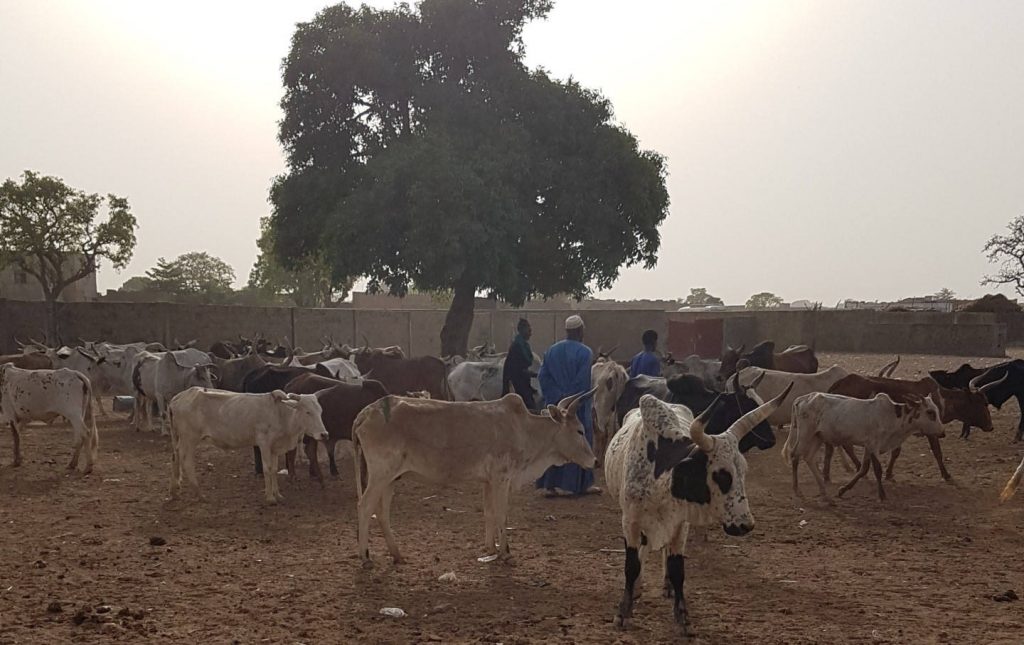
The PRAPS is based on four technical components, the integrated and combined initiatives which aim to improve animal health, natural resources management, access to markets and the management of pastoral crises.
The regional ‘Animal Health’ component of the PRAPS is implemented by the OIE Regional Representation in Bamako, Mali.
PRAPS–Mali results
In Mali, the PRAPS is supervised by the Ministry of Livestock Farming and Fishing. It operates in ten regions, 39 circles and 220 municipalities, targeting 440,000 beneficiaries, of whom 32,000 are women and young people.
Since it was initiated in 2016, the PRAPS–Mali has rolled out a broad range of activities, notably, it has:
- strengthened the capacity of relevant actors – particularly private-sector veterinarians accredited to work on behalf of the government (vétérinaires titulaires du mandat sanitaire) and veterinary station heads in the regions of Kayes, Koulikoro, Sikasso, Ségou and Mopti – to diagnose priority animal diseases and employ sampling techniques;
- organised labour negotiations at all the infrastructure sites and pastoral facilities;
- carried out technical studies with a view to building/renovating pastoral development areas and infrastructure, including animal health services;
- acquired 23 vehicles for the use of UCP/PRAPS and its operational partners and 25 tricycles equipped with solar refrigerators for the transport of meat and the collection and conservation of unpasteurised milk (access to refrigerated meat and milk brings significant benefits to women and young people in the community in terms of food safety);
- supported vaccination campaigns (71,913 pastoralists and agro-pastoralists, including 17,978 women, have benefited from vaccination activities in the project intervention area).
The project has also generated the following results:
- baseline information (‘T0’) has been collected on the current contagious bovine pleuropneumonia situation (prevalence: 36.92%);
- vaccination coverage for peste des petits ruminants has increased from 7% to 14%;
- the contract to set up a zone for pastoralism in the Mopti region has been provisionally awarded;
- work has begun to renovate and equip three cattle markets in the regions of Timbuktu, Gao and Ménaka;
- construction work has begun on ten cattle-feed warehouses in the north-east and central delta regions of Mali.
The major challenge in 2018 is the completion of construction and renovation work on pastoral infrastructure and on a large number of pastoral development sites, including vaccination parks, animal health service buildings, cattle markets and slaughter facilities, pastoral tracks and stop-overs, and water points.
http://dx.doi.org/10.20506/bull.2018.2.2876
References
- République du Mali. Ministère de l’élevage et de la pêche. Direction nationale des productions et des industries animales (DNPIA) (2015).




